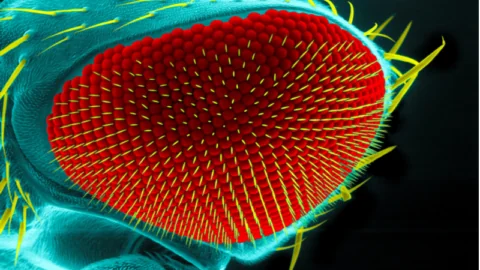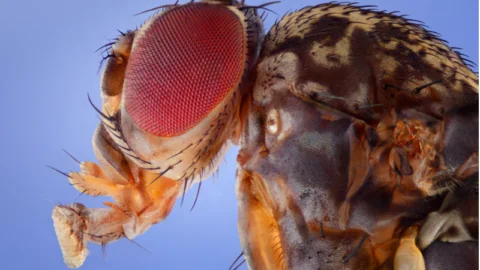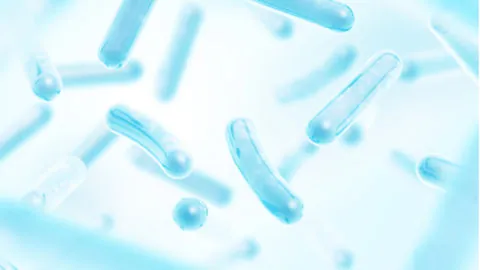January 18, 2023
In a new review paper published in GeroScience, the researchers explored the translatability of anti-aging interventions across species and received somewhat alarming results [1]. Necessary, but not the best Model organisms have been widely and successfully used to understand the molecular processes driving disease pathologies, identify drug candidates, and test therapeutic interventions. Modern drug development...
June 16, 2022
A new study published in Nature has reported on how caloric restriction, circadian rhythms, and molecular clocks interact to affect the ocular health and lifespan of fruit flies. Circadian rhythms, clock genes, and photoreceptors The researchers begin their paper by discussing the concept of circadian rhythms, which are the 24-hour cycles that organisms have evolved...
April 28, 2022
In a preprint published in bioRxiv, a team of Singaporean researchers, including Jan Gruber, has found that a combination of stem cell rejuvenation and senescent cell removal is synergistically more effective than either alone. Different but related aspects of aging Why We Age: Cellular SenescenceAs your body ages, more of your cells become senescent. Senescent...
April 26, 2022
In a preprint paper, scientists have shown that treating drosophila flies and mice with rapamycin for a relatively brief period in early life mostly recapitulates the effects of a lifelong treatment, including lifespan extension in flies [1]. Rapamycin is considered one of the most promising geroprotective drugs. It belongs to a handful of molecules that...
April 14, 2022
Increasing an important protein regulator improves the lifespan of Drosophila flies, according to a new paper published in Aging. Found in both animals and plants As the researchers explain, phosphatidylethanolamine-binding proteins (PEBPs) are present in both plant and animal cells. These proteins are critical to multiple fundamental cellular functions, including in cancer cells [1,2]. While...
July 01, 2021
Most of the genetic changes associated with increasing age disappear in the absence of gut bacteria, according to a new fruit fly study [1]. It’s a pretty surprising finding, and while there are some important implications, it’s also a bit challenging to interpret. A flat aging line The experiment itself was relatively straightforward. A team...








